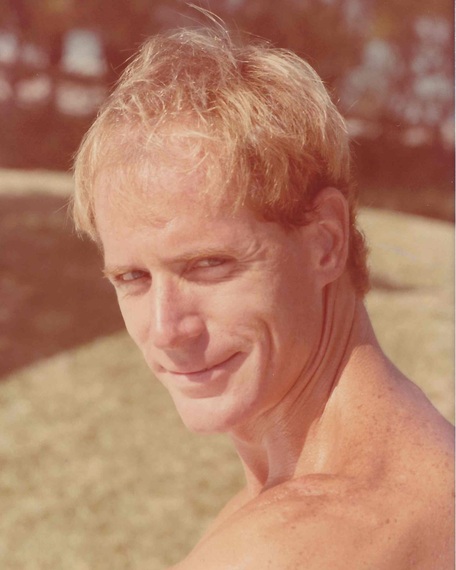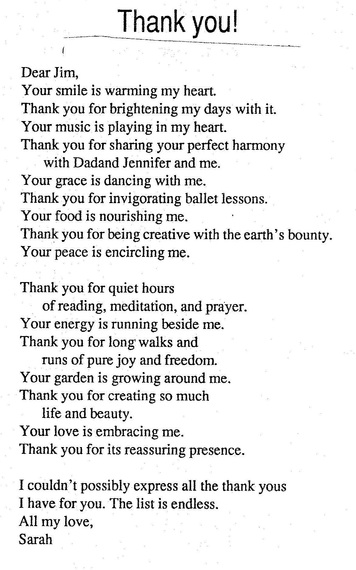
I watched The Normal Heart (HBO movie of Larry Kramer's play) on a recent Sunday with my daughter, my boyfriend and my sister. We watched in real time, like old-fashioned TV, everyone watching together, the Rangers game voted down by a narrow margin.
As I watched the horrors of a history I lived through, I was struck by how we live through the present without any sense of what it will look like from the future. History always seems in the past, marked by things like the American Revolution, the Civil War, World Wars, Vietnam. We forget we are always living through history. In the early days of AIDS, very few recognized we were in the midst of a gut-wrenching war against a disease that was wiping out thousands upon thousands around the world. Many went on with life unaware, unaffected, unconcerned. There should be a word for looking back at the past, not with nostalgia which colors everything in a golden hue, but looking back at the horror, the red-soaked reality of what we lived through. Why didn't we do more? Larry Kramer was right. Why weren't we all lying down in the streets? Why were most of us not fighting for the basic rights of our fellow citizens? How did we let our government sweep a plague away, banning its very mention? The media was often complicit. It was 1987 before the New York Times even allowed the word "gay" in its pages.
Even many of us affected personally went on with life, doing little to ameliorate the suffering of those we loved. My father's lover, Jim Cox, died of AIDS in 1991. Sweet Jim. He gave me ballet lessons each morning when I was living with my father on Sugar Loaf Key in 1986. While the sun streamed in the windows, the palm trees swaying by the canal, we sweated gracefully under the living room fan where Jim choreographed small dances for me. Jim grew up in Ohio on a farm where he found refuge in piano lessons given by a neighbor. At age 17, he walked into the barn to find his father dead from a self-inflicted shotgun wound. Jim (pictured below) became the "man" of the family in a place where homosexuality was worse than forbidden. It was not spoken of. Ever.
My father discovered Jim a decade and a half after that in a restaurant playing the guitar, singing for his supper in the Keys. I remember hearing Jim play then, his melodious voice and serene presence, an ethereal smile with thin lips pressed together. Jim seemed other-worldly in a man-who-fell-to-Earth kind of way. I loved spending time alone with Jim, as he listened intently without judgment in contrast to my dad the storyteller. Jim let me un-burden myself, and I did, almost never asking about his life. Once I timidly enquired if he had ever been with a woman, and he told me about one experience when he was a teenager, but said he was still technically a "virgin" with women. What I remember most about the conversation is his tenderness toward all men and women.
I first found out that Jim had AIDS from my dad's sister in hushed tones over the telephone. The Normal Heart reminded me of the terrible fear surrounding AIDS in the early days. I remember feeling scared for my father, for myself. Should I share Jim's drink or straw? Had I done that? Friends of my aunt were shocked that she would even spend time around someone with AIDS. Like in the film, my father had friends in the hospital whose food was never brought to their rooms, because nurses would not enter. I constantly worried about my father, convinced that he would get it too. I tried to hide all this from Jim, but I am sure he felt my distance. By the time Jim went into home hospice care, I made no more visits to see my father. Although I was busy with work, there was no excuse. I didn't go down for the memorial either. My father never asked or made any demands on me, but watching this story unravel on television brought back so many memories and filled me shame, because I hadn't been able to face up to the latter stages of his illness.
The one thing I did do several months before Jim died was to write a poem that celebrated all the gifts of life that he had given me. My dad said he read and re-read it often in those last weeks. That made me feel good about myself, but it seems so little now in light of what the fighters like Larry did. After Jim died, he visited me in a dream. Most of my dreams are anxiety-fueled nightmares in which I can't find something important (like a missing child). This one stood out as the most blissful dream I can remember. Jim was standing in a field of wildflowers, happy and alive, with a single request: "Please tell your father not to worry about me." When I woke up the next morning, the dream was so vivid, it took some moments to realize that it had been a dream. I composed myself to call my father right away. After relating the whole dream to him in detail, I could almost hear the tears running down my father's cheeks. He said, "last night was the one-year anniversary of Jim's death.
Thank you Larry Kramer and all the other fighters and lovers who turned this plague into a disease that is treatable, who foresaw a future for the ones they loved. Kramer borrowed "The Normal Heart" title from a poem of the same name written by W.H. Auden in 1939 on the day that Germany invaded Poland. Auden said in his poem:
"We must love one another or die."
As my daughter watches television re-create a time before she was born, I hope she takes away an appreciation for how one tenacious person can change the minds of many and steer mankind in the right direction, to show us how the "normal" heart is the one that loves.

